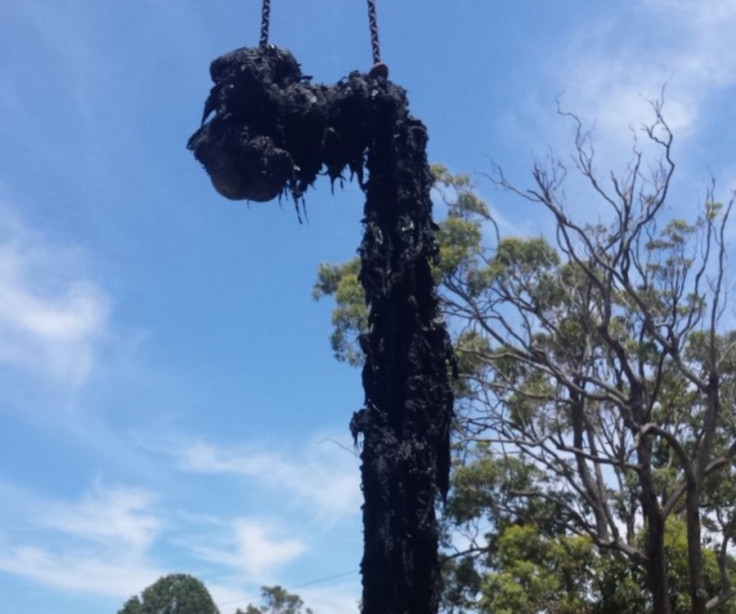Sydney Water: Rubbish flushed down toilets costs Australia A$20m per year
People in Sydney, Australian, are flushing mobile phones, family pets, cigarette packaging and clothes down the city's toilets, according to its main water supplier. On 21 May, a spokesperson for Sydney Water said that the New South Wales city spends A$8m ($5.77m, £3.98m) fixing its sewers due to residents using them as 'garbage bins'.
"Nappies, cotton buds, condoms, dental floss, cigarette butts, clothes, paper towels, plastic packaging and fats and oils appear constantly appear in our network and cause significant pressure on the wastewater system," said Hadfield.
Hadfield told the news website that wet wipes – which are not flushable – were causing the most damage.
"Wet wipes are a 500 tonne per year problem for Sydney Water because that is how many wet wipes we remove from our system," he said. "The impact on the environment can also be dramatic, with overflows caused by sewer blockages impacting on local creeks, rivers and even beaches."
Hadfield estimated that wet wipes cost Australia's entire water industry A$20m. And that if the wet wipes removed from Sydney's sewers could reach from Syndey to Los Angeles – 7,497 miles (12,066km).
The problem with wet wipes has led Syndey Water to holding a #WetWipesWednesday social media campaign. And it is reminding residents to only flush away the "three P's – "pee, poo and toilet paper".
#WetWipesWednesday Worried about wipes? We know the feeling! Wet wipes are the cause of about 75% of all sewer...
Posted by Sydney Water on Tuesday, April 12, 2016
The news follows an earlier report in February 2016,when a one tonne 'fatberg' – a lump of congealed cooking fat and other solid waste – was removed from a New South Wales. The local water board had to remove the majority of the fatberg using a truck.

© Copyright IBTimes 2025. All rights reserved.






















